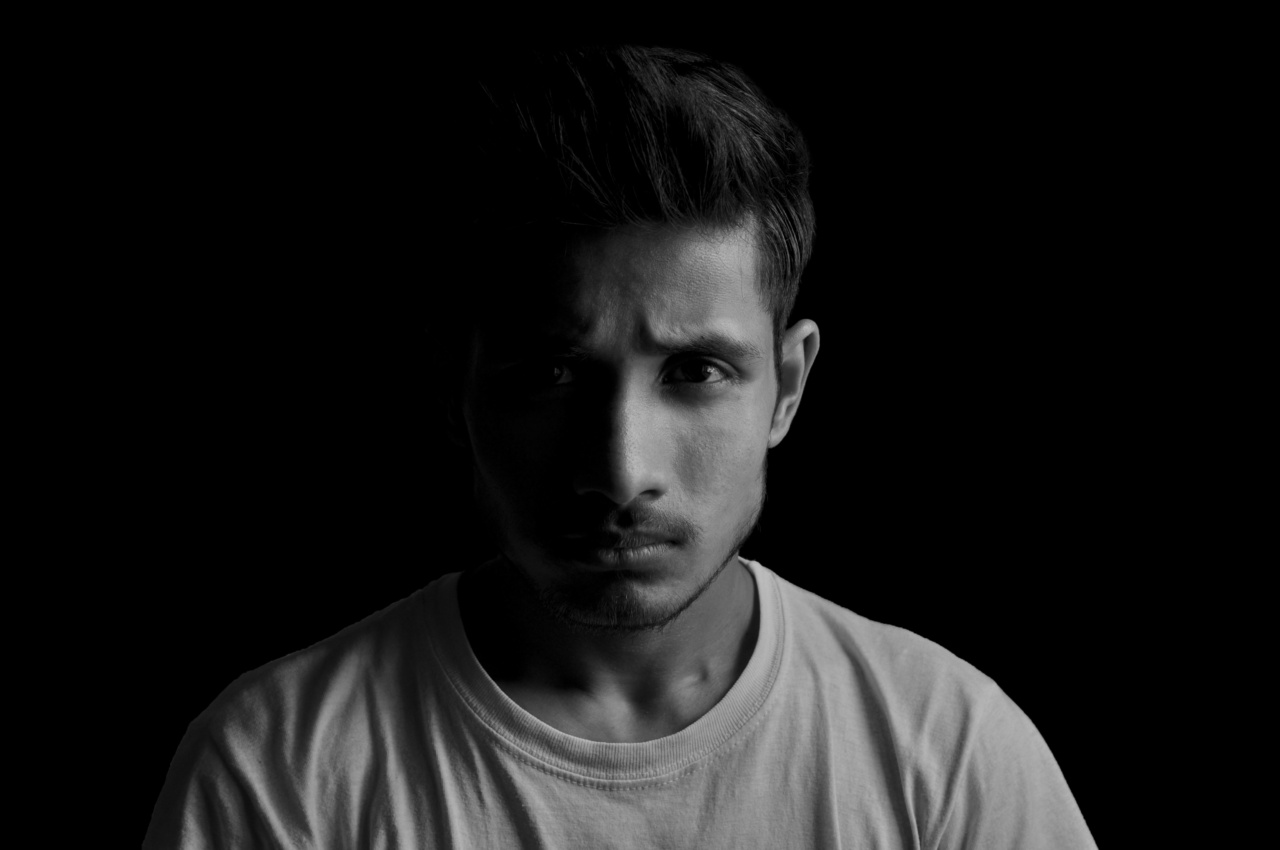The link between creative genius and madness is a long-standing fascination. From Vincent Van Gogh to Sylvia Plath, many artists have experienced mental illness and used their experiences as inspiration for their work.
However, one form of art that has a particularly complex relationship with madness is comedy.
The Thin Line between Laughter and Insanity
Comedy often deals with themes of irrationality, chaos, and the absurd, making it a natural fit for exploring the experience of psychosis.
However, portraying madness in a humorous light can also be controversial and risk perpetuating harmful stereotypes of people with mental illness.
The Benefits of Laughter for Mental Health
Despite this risk, humor can be a powerful tool for coping with mental illness. Laughter has been shown to have therapeutic benefits for people with conditions like depression and anxiety, helping to ease symptoms and reduce stress.
When used in a responsible and thoughtful way, comedy about mental illness can help to challenge stigma and spark conversations about difficult topics.
Comedy and Tragedy
Some of the most famous comedians throughout history have grappled with mental illness, including Richard Pryor, Robin Williams, and Catherine Tate.
In their work, they explored the intersection of humor and pathos, creating moments of intense sadness alongside the laughter. This can be seen in Robin Williams’ performance in “One Hour Photo”, where he plays a lonely and delusional photo booth technician.
Despite the sinister tone of the film, Williams brings a humanity to his character that makes him both sympathetic and funny at the same time.
Comedy and the Absurd
Another way that comedy explores madness is through the portrayal of characters who are detached from reality.
One classic example is Monty Python’s “Flying Circus”, which often featured characters who were completely irrational and absurd. However, the show also highlighted the arbitrary nature of societal norms and pushed the boundaries of what was considered acceptable in mainstream humor.
The Dark Side of Comedy
While some comedians have used humor to explore their own struggles with mental illness, others have exploited mental illness as a punchline.
This can cause real harm, perpetuating stereotypes and making it harder for people to seek help when they need it. It’s important to differentiate between humor that comes from a place of empathy and understanding, versus humor that is simply cruel or insensitive.
Conclusion
Comedy and madness are two complex and interconnected phenomena that have been explored throughout history. When used thoughtfully, humor can be a powerful tool for coping with mental illness and challenging stereotypes.
However, care must be taken to ensure that comedy about mental illness is responsible and informed. When used in this way, comedy about madness can provide insight, empathy, and even catharsis for both comedians and their audiences.






























